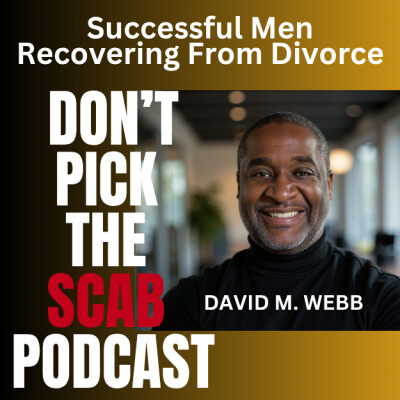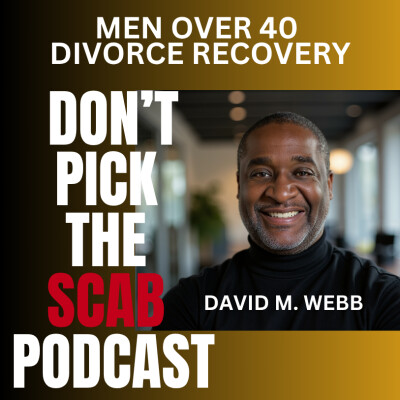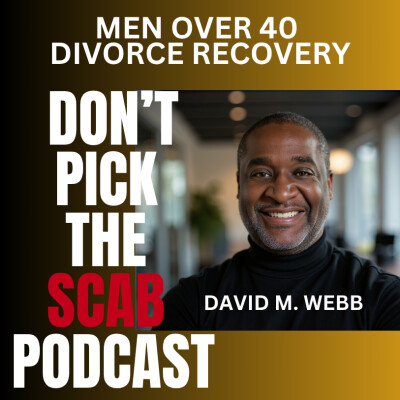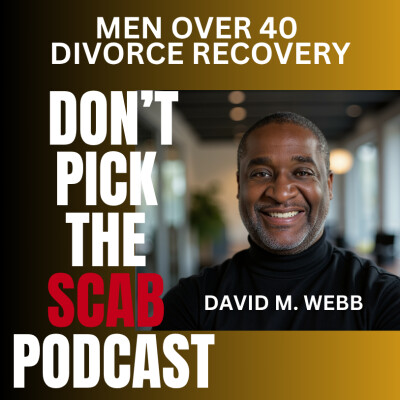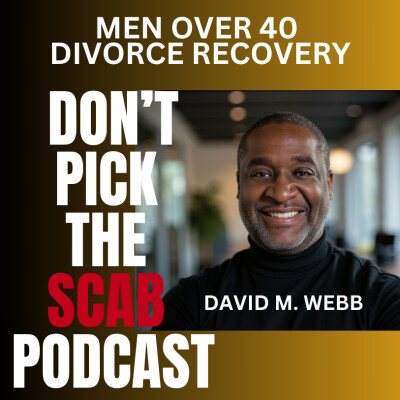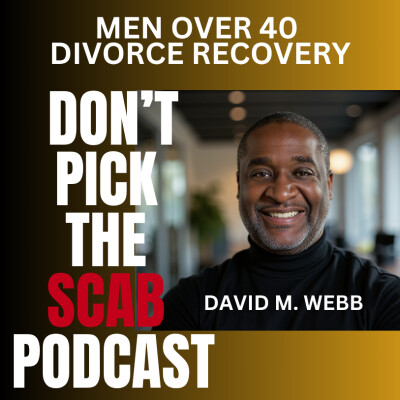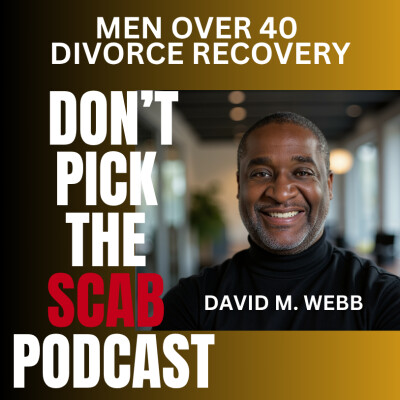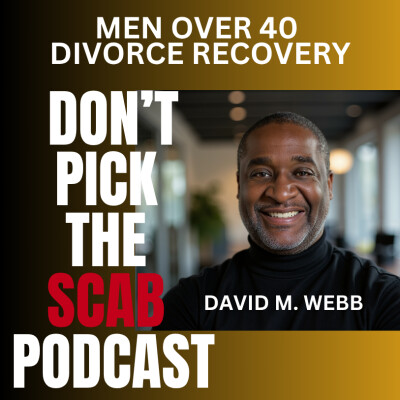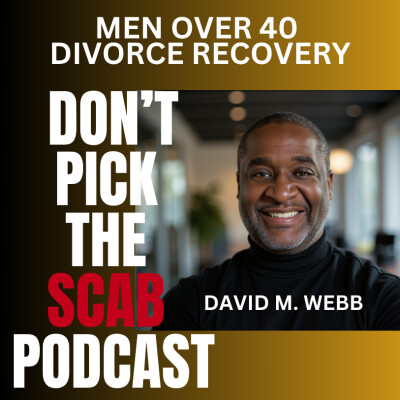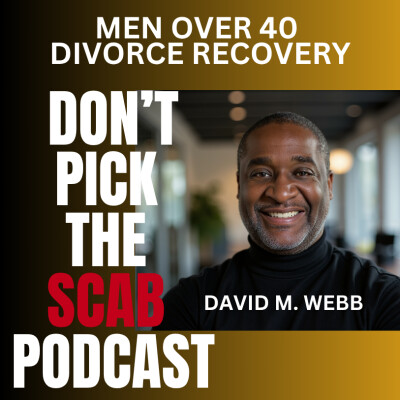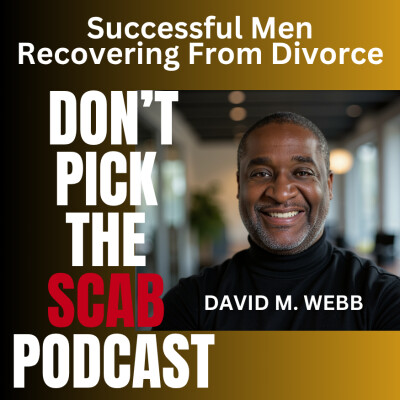Description
Success, Divorce, and Reinvention—You’re Not Alone.
Divorce can shake even the most accomplished men to their core, no matter their age or status. The end of a marriage is often an emotionally and mentally taxing experience, especially for successful men who are accustomed to thriving in other areas of life. That’s why the "Don't Pick the Scab Podcast" is here: a safe, open platform where successful men recovering from divorce can share their stories, find support, and gain practical tools for rebuilding.
Success doesn’t make divorce any easier. When you’re used to winning, starting over—emotionally, financially, and socially—can feel like uncharted territory. The challenges of re-establishing your identity and navigating new roles after a significant breakup are real, but you don’t have to face them alone.
Each episode dives into authentic conversations with men who have walked this path—from entrepreneurs and executives, to leaders in their fields. We explore the unique hurdles successful men encounter during divorce, from managing public perception and careers to processing the deeply personal emotions of grief, regret, anger, and hope. Alongside expert guests, we offer practical advice and proven strategies for healing and growth.
This podcast is about more than just surviving divorce—it’s about thriving in your next chapter. Through shared experiences and actionable insights, "Don't Pick the Scab Podcast" aims to help you rediscover meaning, rebuild confidence, and create a life filled with new possibilities.
Join us each week as we walk the road to recovery, together. Let’s break the stigma, embrace vulnerability, and support one another on the journey to a brighter, more successful future after divorce.
Hosted on Ausha. See ausha.co/privacy-policy for more information.
